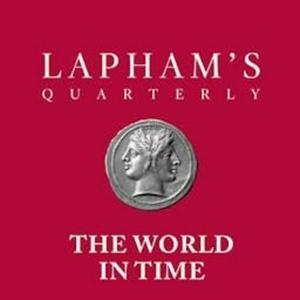“Taking something very specific—in each case, a painting: a painting by Rubens, a painting by Franz Marc, a painting by Joan Mitchell—this physical thing, it has a place and a time, and it sits in the world somewhere. But then you can spiral out from that into the bigger context that each painting sits in historically, intellectually. But it’s spiraling inward a little, isn’t it, too? Because you’re going deeper into the painting.”
This week on the podcast, Donovan Hohn speaks with essayist and critic Morgan Meis, author of a trilogy of books about the history of art, civilization, war, and much else. In The Drunken Silenus: On Gods, Goats, and the Cracks in Reality (2020), Meis investigates a painting by Peter Paul Rubens. In The Fate of the Animals: On Horses, the Apocalypse, and Painting as Prophecy (2022), he turns to a masterpiece Franz Marc painted in 1913, three years before his death during the Battle of Verdun. And in The Grand Valley: On Going to Hell, to France, and Back to Childhood (2025), Meis explores Joan Mitchell’s The Grand Valley, a series of twenty-one paintings that Mitchell made between 1983 and 1984. Like the books, the conversation spirals outward into history and inward into the paintings under examination, all the while putting these three artists into conversation with other artists, writers, and philosophers—Friedrich Nietzsche, D.H. Lawrence, Gertrude Stein, Degas, Klee, and Monet, among others.
See Privacy Policy at https://art19.com/privacy and California Privacy Notice at https://art19.com/privacy#do-not-sell-my-info.


